Of Some Recent Happenings in Ghana and the Need for Caution and Responsibility – Fr. Abbey-Quaye
Preamble
Some recent happenings in Ghana, particularly within the last few months or so, give many well-meaning Ghanaians a cause for worry, anxiety and frustration, leading many to believe that the time is ripe for both Government and ordinary citizens to begin to exercise a bit more caution and responsibility in action and word. Some of these happenings include the following events, among others.
Political Party Vigilantism
Even though there have been cases of political (party) vigilantism in Ghana in the past, the threat posed by party vigilantism undoubtedly reached an alarming proportion in the aftermath of the 2008 elections in Ghana, peaking to its height in the immediate aftermath of the December 2016 elections. Between December 2016 and October 2017, vigilante groups mostly affiliated to the governing New Patriotic Party, named Delta Forces, Invincible Forces and Kandahar Boys, attacked courts and freed suspects, ransacked national offices and sacked staff, and seized toilets and toll booths across the country, among other nefarious activities. These incidents led many persons, bodies and groups to make passionate appeals for such activities to be halted because of their threat to national security. Since October 2017, incidents of the kind described above carried out by vigilante groups seemed to have lessened but things have changed in the past few months as the threat of party vigilantism has reared its ugly head once again in Ghana.
In the last few weeks, the country has witnessed vigilante attacks on Dr. Anthony Akoto Osei, the Member of Parliament for Tafo-Pankrono and some of his constituents in Kumasi, attacks on some National Democratic Congress (NDC) executives in Tamale and attacks on some journalists covering the ex-President by members of the latter’s security detail. Recently, there were riots at the Nkwanta Senior High School in the Volta Region where students protesting the seizure and destruction of their mobile phones vandalized school property including vehicles, marker boards, water pipes, among others, leading to the closure of the school. This incident and others like them in our schools are making all well-meaning Ghanaians worried that some young ones are learning acts of vandalism very fast and may well carry on such attitudes into the universities and adult life and when not checked, become susceptible for engagement by political vigilante groups.
While acts of vigilantism and related incidents have led the Chairperson of the National Commission for Civic Education (NCCE), Mrs. Josephine Nkrumah, and other individuals and civil society groups to make impassionate calls for their disbandment, the two major political parties in Ghana do not seem interested. In fact, the General Secretary of the opposition NDC party has even called for support for the formation of more of vigilante groups if the ruling party fails to disband their groups. What all of this means is that the threat that these groups pose to national security and the safety of individuals and groups including the members of the political parties themselves, will continue to be with us for a long time to come, with no one knowing the extent of the consequences that these can bring to us as a nation that continues to take peace for granted.
I think as do many Ghanaians that the call of Mrs. Nkrumah and others for the disbandment of these groups is worth heeding to and propose that as a matter of urgency, steps should be taken by the powers that be to disband these groups while at the same time strategies are put in place to deal with the impunity and lawlessness that those groups continue to display in our country. While this is ongoing, we should look at the root causes for the formation of these groups and try to address them adequately.
University Impasses and Some Emerging Issues
In the past few months also, a number of our public universities in Ghana have had to grapple with varying disturbing issues and challenges. Beginning with the University of Ghana, Legon, where some agreements signed by the previous management are supposed to have led to costs for the premier university and moving to the University of Education, Winneba, where there was a legal tussle over the removal of the Vice Chancellor and the induction of a new one, the attention has now shifted to the Kwame Nkrumah University of Science and Technology, Kumasi, where the university was closed following disturbances by students protesting against some policies of management. The process for the formation of a new Council for the university that will pave the way for the re-opening of the university has taken some time to happen but fortunately, the dust seems to have settled paving the way for students to report to school for academic work to resume. Without a doubt, it is the students whose academic work has had to suffer even though they themselves cannot be completely absolved from blame amid this brouhaha due to their decision to use violence and acts of hooliganism to resolve their grievances instead of resorting to laid down processes and procedures. One wonders how would they feel going back to the classrooms to be taught by lecturers whose vehicles and other properties they have vandalized?
As the KNUST impasse raged on, another one of a different kind was simmering at the University of Development Studies (UDS), Tamale, where students of the Wa and Navrongo campuses held protests against perceived injustices and alleged subtle attempts to “collapse” the two campuses. It is gratifying to hear the President state that Cabinet has taken a decision to turn those two campuses into fully-fledged universities for the Upper West and Upper East Regions, respectively. This is a step in the right direction not only in terms of expanding access to university education in Ghana but also and more importantly, in terms of pursuing the national agenda of having at least one public university in every region. As Government and relevant stakeholders work together to follow this proposal through and to put in place the necessary arrangements for the smooth take-off of these upcoming universities, the Ministry in charge of Tertiary Education should begin to liaise with the National Council of Tertiary Education to fashion out relevant mechanisms to handle emerging issues surrounding university administration and management in Ghana to minimize, forestall and deal effectively with future impasses on our university campuses.
Accidents, Protests and Road Tolls
For a long time now, road traffic accidents have been one of the leading causes of deaths in Ghana. In the months of October and November alone, worrying reports of road traffic accidents and related deaths were recorded in many parts across the country including Bonsaso, Aboadze-Takoradi, Gomoa Mpota, Nsawam-Ofankor, Tetteh-Quarshie-Adenta, Michel Camp-Afienya, and Mataheko. The multiple accidents and deaths that occurred on the Madina-Adenta highway has led to angry protests by residents who blocked roads and burnt tyres in their anger. Residents believe that uncompleted footbridges along the road when completed would resolve the road carnage that they are currently experiencing. Government has responded by issuing a statement to the effect that work will start on the bridges within a week while police will be deployed to check speeding on the road. Reports indicate that the street lights along the road have also been fixed. Why it took a long time for the past and present governments to resume work on these bridges is anybody’s guess but it is better late than never. While Ghanaians must not be expected to jubilate over the announcement to complete the remaining works on the road, they must remain vigilant to ensure that the work is fully completed.
In the meanwhile, reports indicate that some motorists plying the Tema-Accra motorway have started refusing to pay tolls in protest against the potholes and poor nature of the motorway. While they should be cautioned to change their minds, Government should show urgency and high level of commitment in fixing and maintaining that important highway. The earlier this problem is addressed, the better it would be for sanity to prevail on the motorway and its tollbooths. The Ministry of Roads and Highways has its work cut out for it and should be up and doing.
Politicians and party communicators in Ghana, from both sides of the political divide who tried to make political capital out of the Accra-Tema motorway and Madina-Adentan road situations to score cheap political points must bow down their heads in shame for failing Ghana and Ghanaians miserably. What Ghana needs now are solutions, not rhetoric and propaganda.
Conclusion
It is important to reiterate the point that all around us, Ghana is viewed as a success story and an oasis of peace in a turbulent sub-Saharan region. Undoubtedly, we have achieved some modest gains which are worth celebrating. Yet, incidents such as what we have enumerated above and violent clashes in some parts of Ghana pose threats to the safety and security of citizens and national cohesion. While citizens must not take peace for granted but always exercise caution in what they do and say, Government must take greater responsibility to ensure that law and order is maintained across the country and citizens’ legitimate concerns are speedily addressed. The lawlessness and impunity creeping into Ghana may get out of hand if measures are not put in place to address them speedily. Ghana needs peace and harmony for true progress and development.
Rev. Fr. Emmanuel Abbey-Quaye
Duquesne University, Pa.
This post has already been read 825 times!
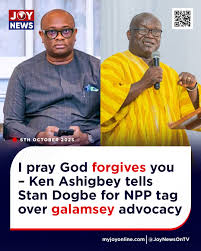
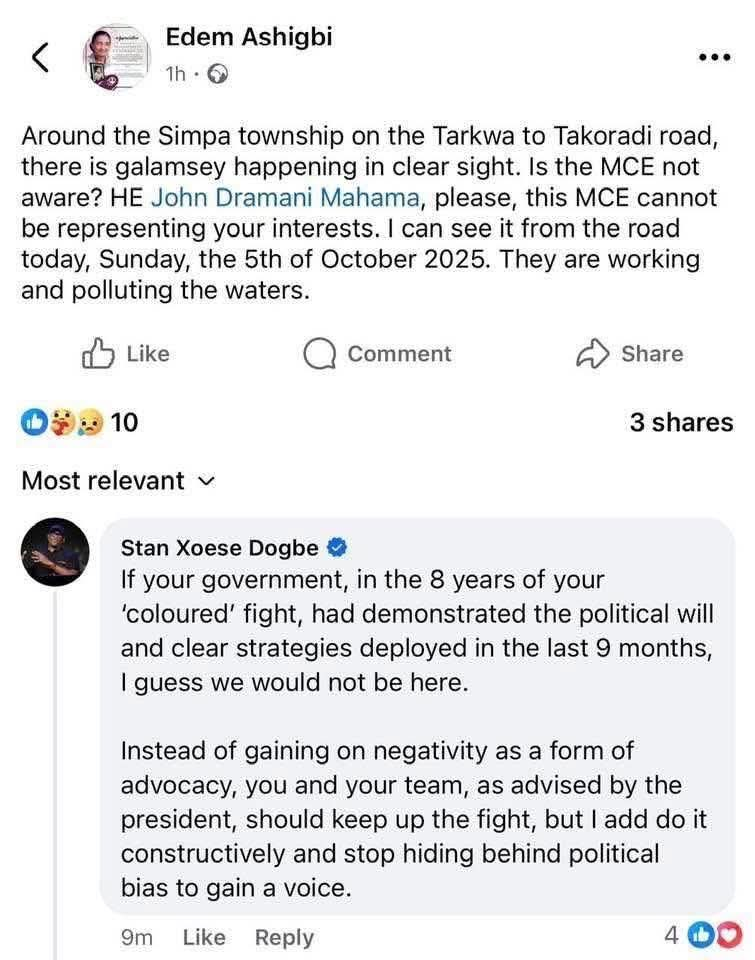
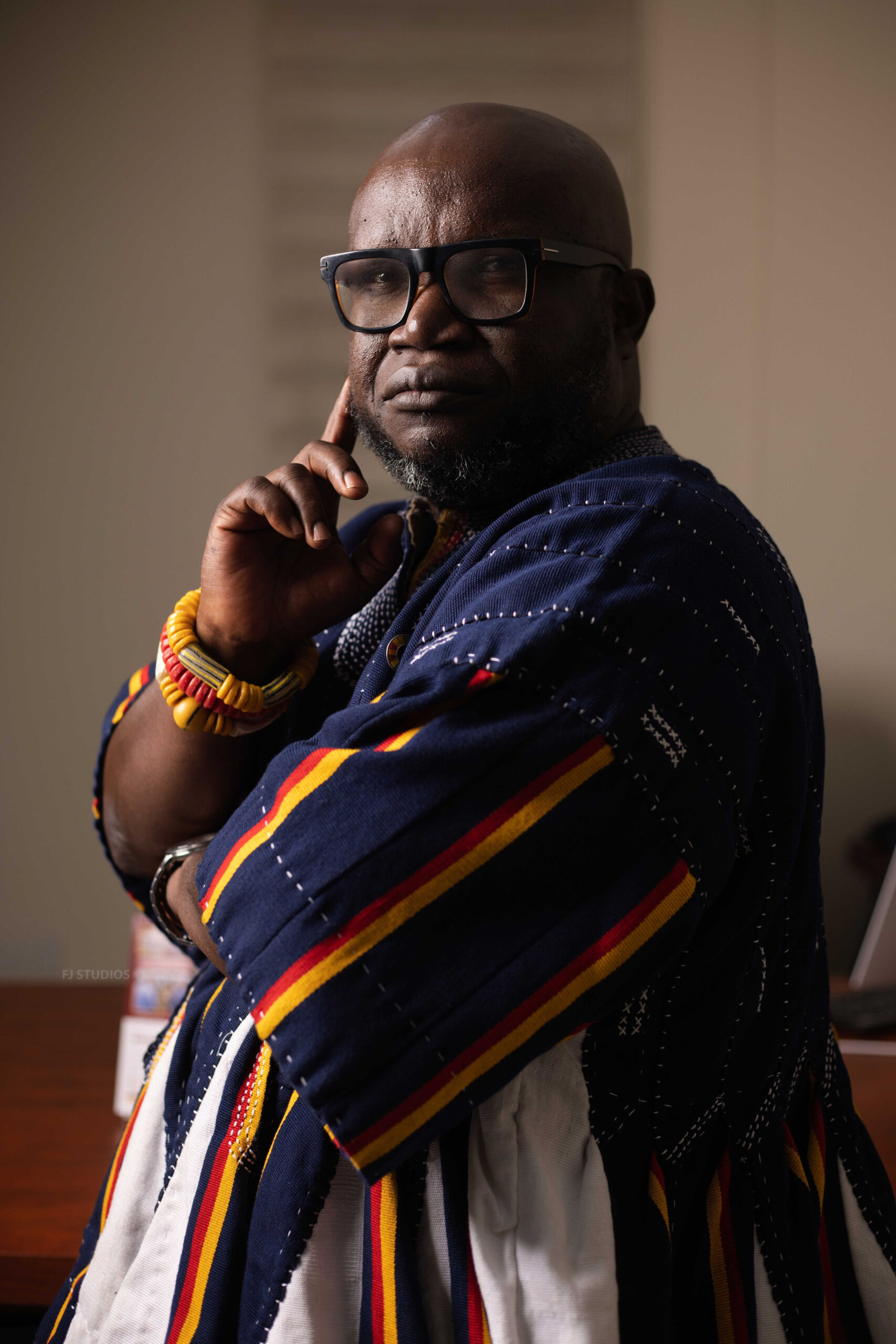

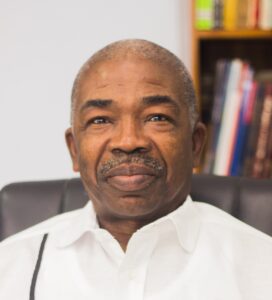
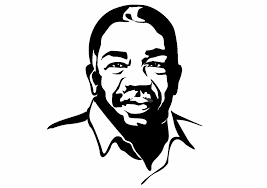

Post Comment